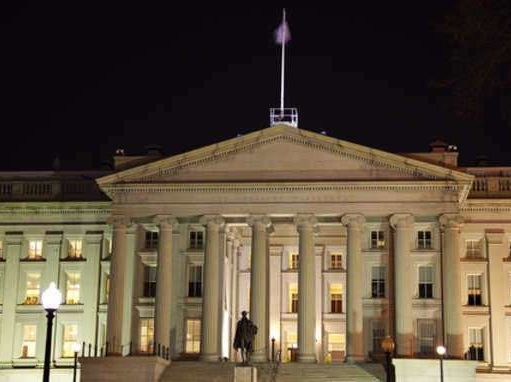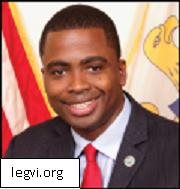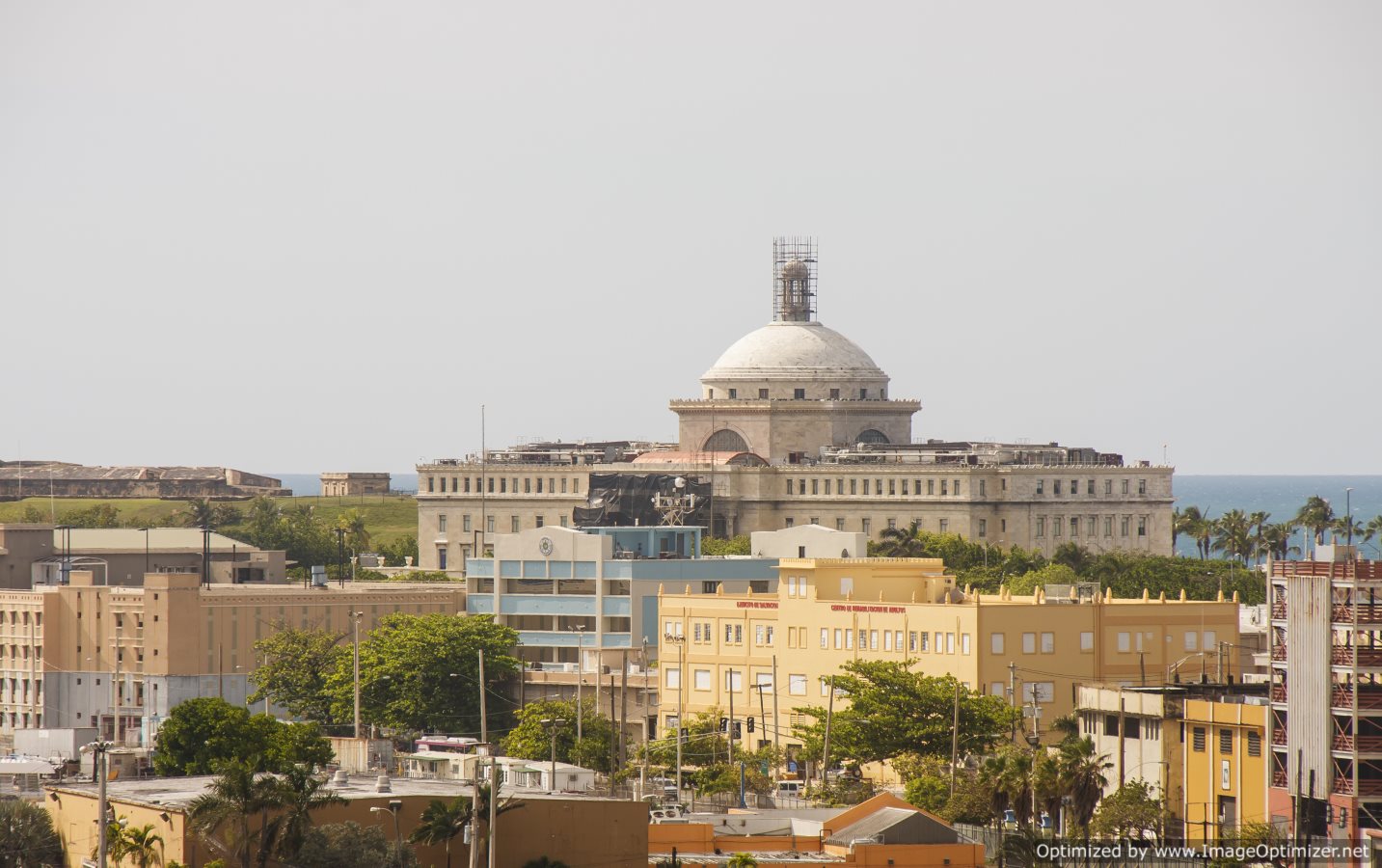The “Fiscal Cliff” will Certainly Affect States’ Budgets

The fiscal cliff is the expiration of federal tax provisions and implementation of spending cuts scheduled for January 2013. If the fiscal cliff occurs, states—especially those connected to the federal tax code and federal spending—will see fewer federal deductions. A recent report by Pew Center on the States, titled The Impact of the Fiscal Cliff on the States, shows how scheduled federal tax changes will affect states.
The scheduled tax changes include about $393 billion (or 80 percent) of the fiscal cliff’s total amount. If federal taxes increase, states tied to the federal tax code will see increases in state revenue as well.
Here’s how the fiscal cliff affects states:
• 25 states and D.C. would see higher state tax revenues from lower federal deductions
• 30 states and D.C. would see increases in revenue from tax credits after federal tax credits are reduced
• 23 states would see deductible businesses expenses expire and result in higher taxable corporate income in the coming term
• 33 states can collect more estate tax revenue by 2013
• 6 states allow citizens to deduct federal income taxes from state taxes, which would reduce state tax revenue in the coming term
The scheduled spending cuts equal $98 billion of the fiscal cliff. $49 billion of the spending cuts are required by the Budget Control Act of 2011.
If the fiscal cliff occurs, the federal deficit is reduced by $491 billion. Yet, the Congressional Budget Office reports the fiscal cliff would cause significant economic digression in 2013.
Anne Stauffer, the Pew project director, stated: “Given the uncertainty about whether any or all of the policies in the fiscal cliff will be addressed temporarily or permanently, it is important to understand that the effects of the different components will vary across states.”
Source: Pew Center on the States

























